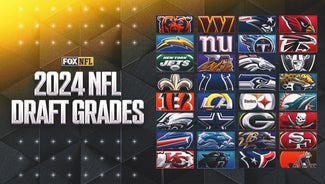





































































































































'The toll has got to be pretty high'
Brett Favre doesn’t have a son, but he’s still being faced with the question being posed to many former and current NFL players as research about the long-term effects of concussions continues. And his own lingering issues from playing the game for two decades helped dictate his reponse.
Favre spoke recently with Matt Lauer of NBC’s TODAY show about the many hits he took as an NFL quarterback, when he was known for his toughness and playing through pain. He was asked whether, knowing what he knows now about head hits and dealing with possible damage from concussions and other head injuries, he would let a son play the sport.
“I would be real leery of him playing [football],” Favre said in the interview due to air Monday. “In some respects, I’m almost glad I don’t have a son because of the pressures he would face. Also the physical toll that it could possibly take on him, not to mention if he never made it, he’s gonna be a failure in everyone’s eyes. But more the physical toll that it could take.
“In all honesty, I would have a hard time just throwing him out there.”
Favre said he struggles with some symptoms that have been linked to head injuries, including not being able to finish sentences or having trouble remembering a certain word, among other memory issues. He has said previously that he has no recollection of entire chunks of his daughter's sports activities. While Favre wouldn’t make a hard link between some of the unnerving signs and his football career, he admitted it seems obvious he’s primed for such effects.
“I can’t say for certain,’’ Favre said of whether his memory gaps are related to the many hits he took as a quarterback. “I would assume so, and I think most people would assume. But I’ve got to believe that after 20 years, and if you go back, I played four years in college and played every game and then in high school, the toll has got to be pretty high.”
While research into concussions’ long-term effects and chronic traumatic encephalopathy, or CTE, the degenerative brain disease thought to be caused by repeated head blows such as those seen in collision sports, is still young, evidence continues to emerge linking football activities to brain damage.
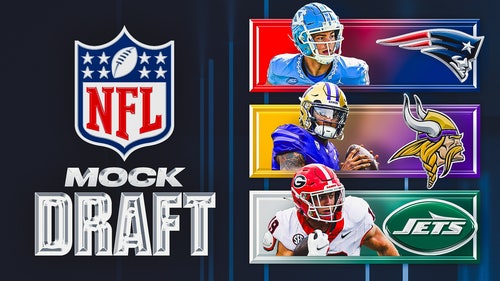
2024 NFL mock draft: Michael Penix Jr. rises, Brock Bowers cracks top 10

Atlanta Falcons select Michael Penix with No. 8 overall pick in 2024 Draft

2024 NFL Draft outfits: Marvin Harrison Jr.'s necklace, Caleb Williams' nails go viral
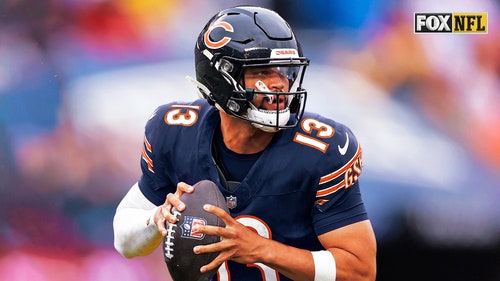
Chicago Bears select USC QB Caleb Williams with No. 1 pick in 2024 NFL Draft
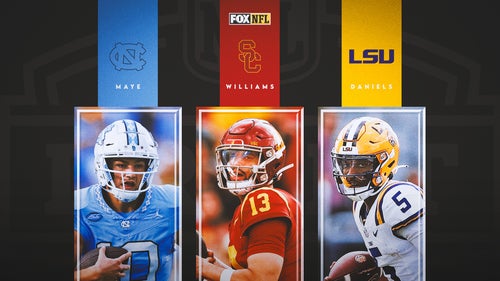
2024 NFL Draft QB rankings: Caleb Williams leads top 10 prospects

2024 NFL Draft Date, Time: Schedule, how to watch, TV channel

J.J. McCarthy among those who didn't go to Detroit for 2024 NFL Draft

2024 NFL Draft order: Updated after Round 1
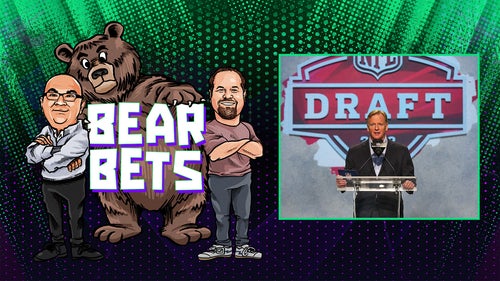
'Bear Bets': The Group Chat's favorite 2024 NFL Draft bets


2024 NFL mock draft: Michael Penix Jr. rises, Brock Bowers cracks top 10

Atlanta Falcons select Michael Penix with No. 8 overall pick in 2024 Draft

2024 NFL Draft outfits: Marvin Harrison Jr.'s necklace, Caleb Williams' nails go viral

Chicago Bears select USC QB Caleb Williams with No. 1 pick in 2024 NFL Draft

2024 NFL Draft QB rankings: Caleb Williams leads top 10 prospects

2024 NFL Draft Date, Time: Schedule, how to watch, TV channel

J.J. McCarthy among those who didn't go to Detroit for 2024 NFL Draft

2024 NFL Draft order: Updated after Round 1

'Bear Bets': The Group Chat's favorite 2024 NFL Draft bets
